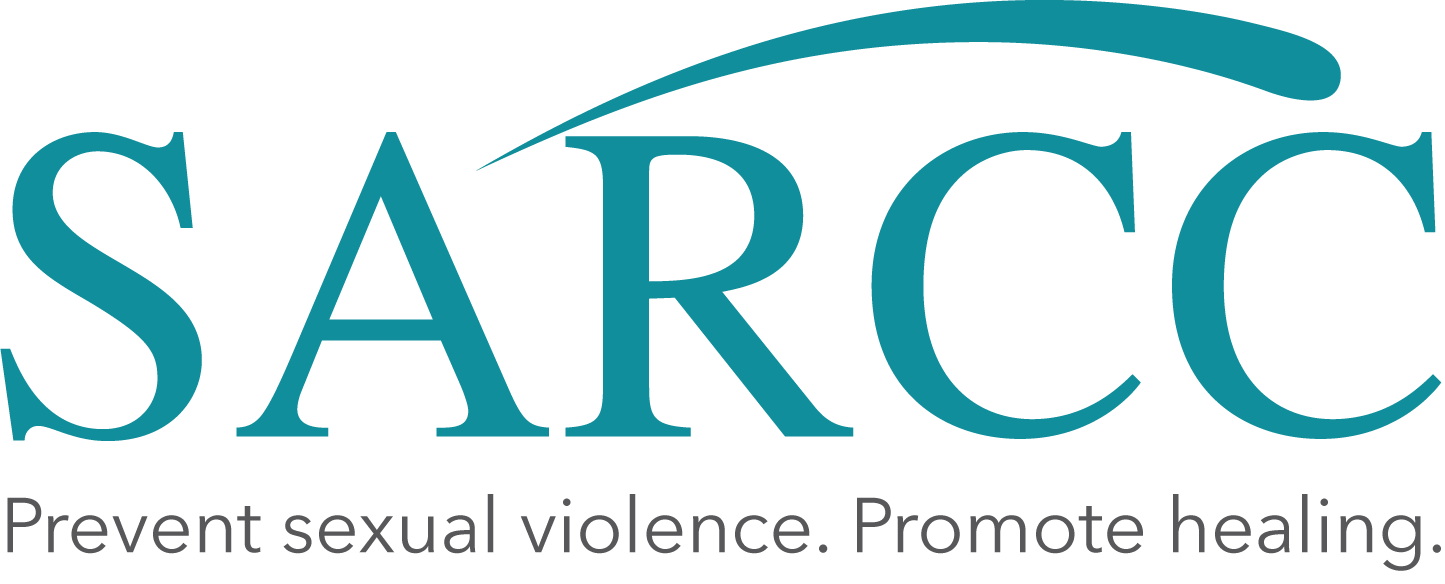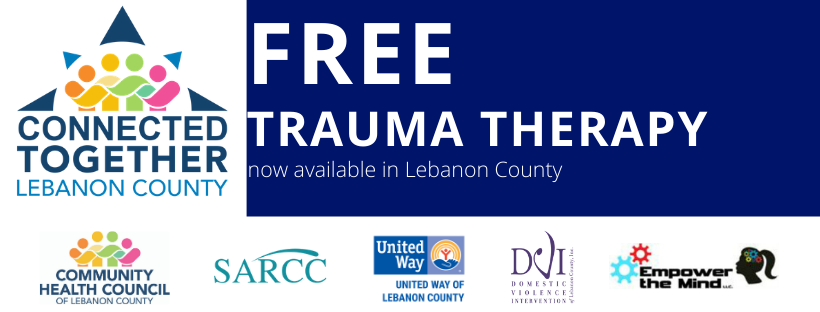I recently participated in a group intervention training for KCIT. If you never heard of KCIT, KCIT stands for Keystone Crisis Intervention Team. When requested, KCIT deploys a team of volunteers to help people process traumatic criminal incidents that happen in their community. There is no fee for response services, and it’s a great service that we have in Pennsylvania.
On our last day, we ran through role-play scenarios and gave feedback to other participants. In my small group, one participant said something to another, and that line has stuck with me for the past two weeks:
“Empathy is your superpower.”
When you work in this field, there is something that happens when you tell somebody your job. The person who asks, “What do you do for a living?” rarely gets uncomfortable. Rather, it opens up floodgates. You hear disclosures. You hear stories. You hear so many feelings from an absolute stranger. And often, you hear, “How? How do you do that as a job?”
The answer is simple and complicated all at the same time. The simple answer is that empathy is my superpower. The complicated answer is that boundaries are imperative. Support is necessary. Self-care is vital. And sometimes it really does hurt to care. My coworkers will all agree at the absolute feeling of disgust in a courtroom when we are sitting next to a survivor and we hear “not guilty.”
You know what we do the next day? We show up to work and we listen a little harder and care a little deeper and let the resiliency of our clients remind us of our own resiliency.
Empathy requires awareness and connection, the very things that trauma/traumatic responses affect and threaten. It means being present at the lows and highs of another person and keeping an open-mind. And the great thing about empathy is that even if it’s not a superpower for you, you can still have it stashed away. It can be your secret weapon or backup plan.
How can you show yourself and others empathy today?
For more information on KCIT Deployment & Crisis Intervention Services, please visit https://www.kcitpa.org/KCIT or call 1-855-SOS-KCIT (1-855-767-5248).
Blog submitted by Sexual Assault Counselor Alicia Rathosky. Contact SARCC’s hotline at 570-628-2965 or 717-272-5308 to connect with an empathetic sexual assault counselor 24/7.



